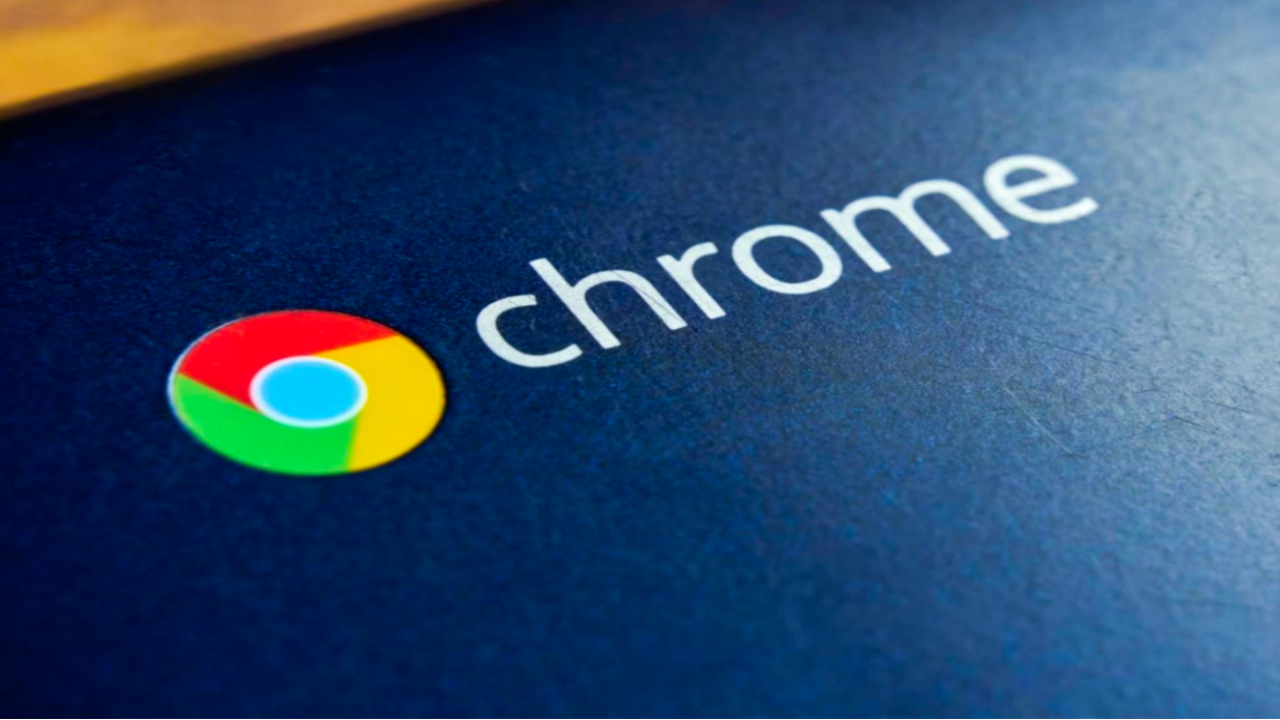Google Chrome just got a pair of awesome upgrades
Faster search results and less memory use for Google Chrome on Chromebooks.

Chrome may be the most popular browser on the planet, but Google isn’t getting complacent. The company has just published a blog post revealing a pair of significant sounding improvements that should make using Google Chrome a whole lot more pleasant.
In a post on the Chromium blog, Chrome’s product manager Yana Yushkina outlined improvements to both search and memory usage on Chromebook — a long-time bugbear, even of Chrome evangelists.
- Best Chromebook: the best cheap Chrome OS laptops
- Best laptop: top-rated budget and premium portables
- PLUS: GTA 6 new feature wish list shows Rockstar how to make a 10/10 game
First, searching via URL box (officially known as the omnibox — who knew?) is getting a speed boost because the browser will guess the most likely suggested query ahead of you actually pressing enter.
"This means that you see the search results more quickly, as they’ve been fetched from the web server before you even select the query,” wrote Yushkina, adding that this means search results typically appear in under 500 milliseconds.
Notably, at first this will only work if you have Google set as your default search engine, but it is possible for the likes of Bing, Yahoo and DuckDuckGo to implement the feature too, if the companies consider it worth their time.
But a bigger improvement for Chromebook users is coming in terms of memory management, something which will be music to the ears of anyone who believes Chrome to be a RAM hog.
“Chrome OS shows a total memory footprint reduction of 15% in addition to a 20% browser process memory reduction, improving the Chromebook browsing experience for both single and multi-tabs," wrote Yushkina. This change has already rolled out to Android and Windows in update M89.
Get all the latest news, reviews, deals and buying guides on gorgeous tech, home and active products from the T3 experts
Finally, if you’ve been plagued by shutdown hangs, Yushkina says that the main cause has been tackled. It appears to be made more likely by a Chrome system cache, which was intended to result in faster startups, but apparently had a negligible impact.
Given it had the unfortunate side effect of its complexity causing shutdown hands, it’s been completely removed. "This was a great illustration of the principle that caching is not always the answer!" Yushkina concluded.
- These are the best office chairs to sit on while using Google Chrome